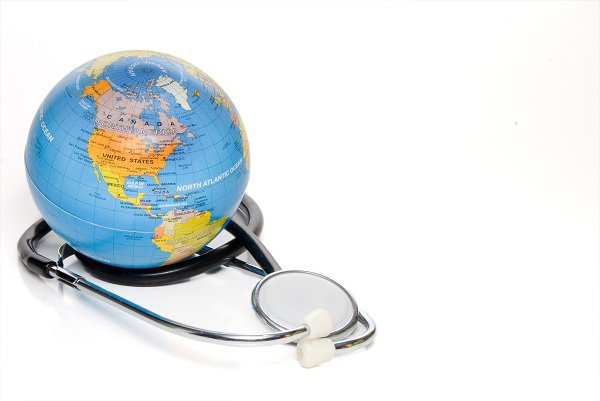Cough, Cough… the Other Travel Risk

We all understand there are risks when we travel.
- Stolen passport
- Lost luggage
- Violent crimes
- Acts of terrorism
But there is also another large risk we can often overlook when traveling – getting sick. More often than not we are hearing about outbreaks, epidemics, or global pandemics. But what do each of those really mean? What is the difference? And how does this affect my travel?
According to the World Health Organization (WHO) definition, an outbreak is defined as:
“The occurrence of cases of disease in excess of what would normally be expected in a defined community, geographical area or season. An outbreak may occur in a restricted geographical area, or may extend over several countries. It may last for a few days or weeks, or for several years”
WHO defines an epidemic as:
“Contagious, infection or viral illnesses threatening public health security. These include diseases such as cholera, meningitis, avian influenza, and viral haemorrhagic fevers for which the region reports considerably high incidence and mortality rates. They can be responsible for high levels of morbidity and mortality and have a devastating impact on the economies of the region. These diseases can occur across borders and affect the world as a whole.”
The term pandemic is defined by WHO as:
“A pandemic differs greatly from an epidemic. Like an epidemic, a pandemic refers to a contagious, infectious or viral illness that spreads. However, unlike an epidemic, a pandemic is not limited to one specific geographic region. Instead, a pandemic has the potential to include millions of people in many areas and countries across the globe.”
To summarize, the escalation is: Outbreak to Epidemic to Pandemic. Before traveling to a region with an outbreak, epidemic, or pandemic be sure to check with your government to ensure it is safe for you to travel and always travel with comprehensive medical coverage.
